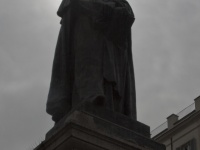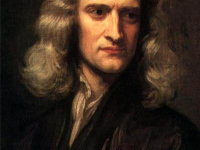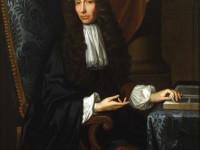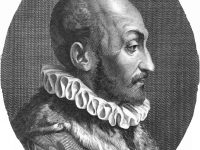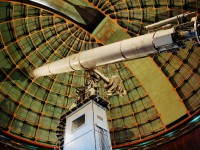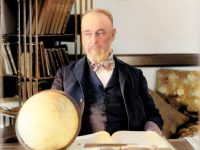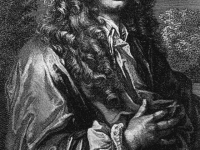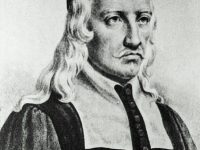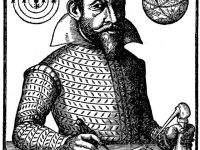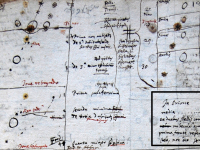Giordano Bruno and the Wonders of the Universe
On February 17, 1600, Dominican friar and philosopher Giordano Bruno was burned on the stake after the Roman Inquisition found him guilty of heresy. His cosmological theories went beyond the Copernican model in proposing that the Sun was essentially a star, and moreover, that the universe contained an infinite number of inhabited worlds populated by other intelligent beings. Becoming a Dominican Friar Giordano Bruno was born as Filippo Bruno in Nola, in the Kingdom of…
Read more

